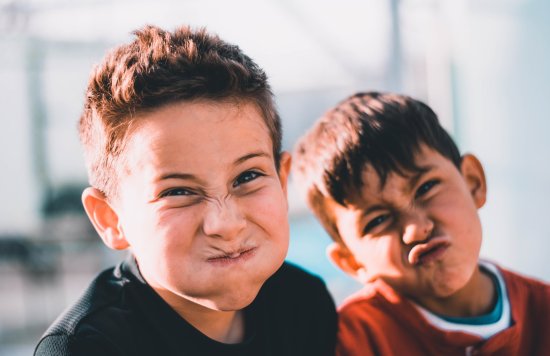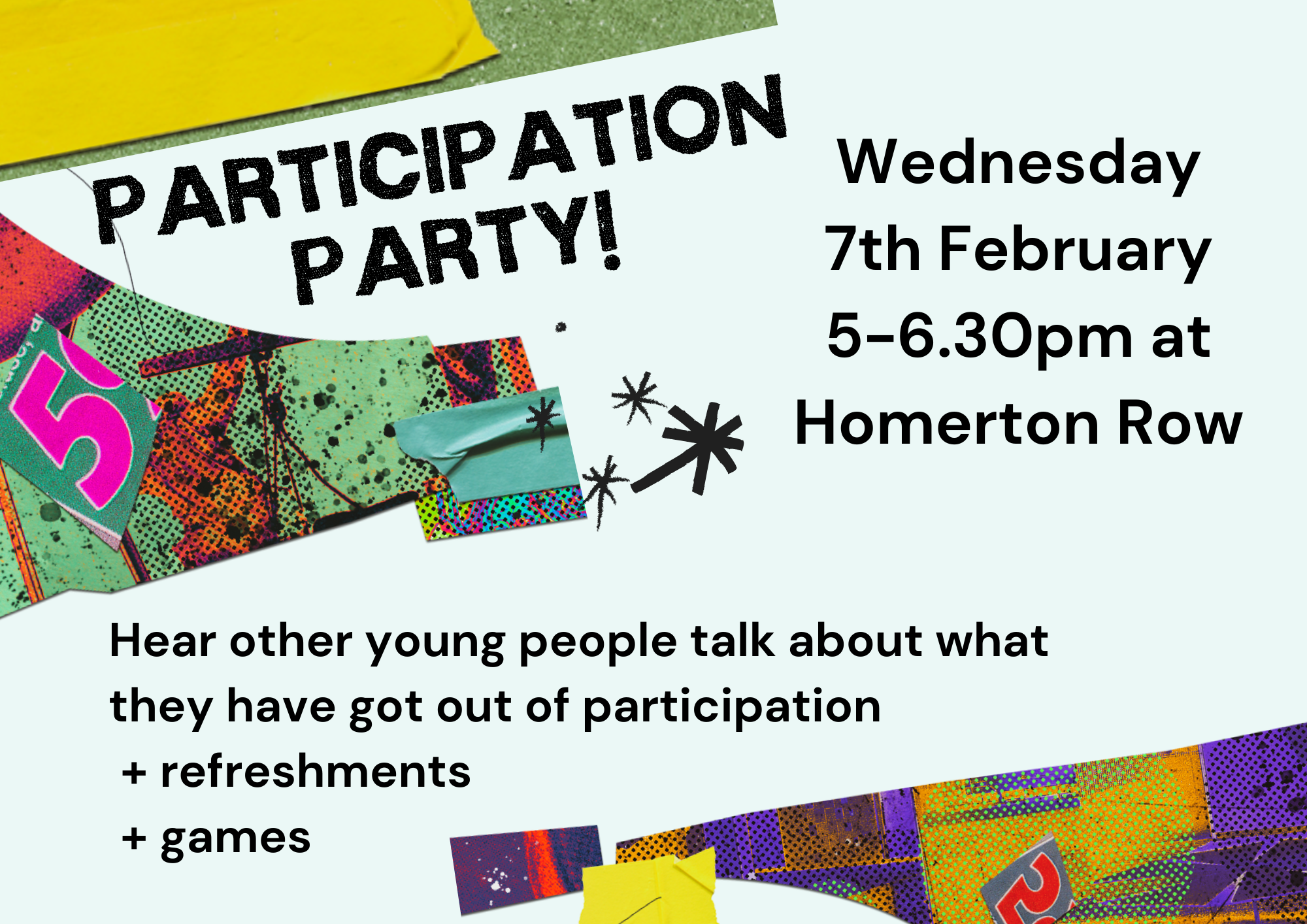See below for activities happening this week and links to information about CAMHS mental health crisis support, how our referral process works, online resources that are available, as well as information about mentorship schemes, Mental Health in Schools' Teams, a new online resource for young people experiencing disordered eating, and information about how to work for CAMHS and how young people who are engaged with our CAMHS service can get involved with People Participation team with volunteer roles.
A message from Dr Cathy Lavelle, Consultant Child & Adolescent Psychiatrist, Clinical Director, ELFT Children's Services: Please help to support Children & Young People's Mental Health Week by retweeting and reposting any social media messages you see with the hashtag #Let'sConnect this week. It is so important that we make sure our children, young people and their families know that there is help available if they are struggling with mental health. The sooner someone reaches out the more likely interventions can be made to provide effective help that can change and improve a situation. There is a range of really good resources that are available online for children and young people who are experiencing emotional upset, anxiety or depression. Accessing these and following the professional advice can help ensure that a problem now does not become a crisis later on.'

 Join an in-person event on 5 February from 5-6:30pm at York House (Newham CAMHS)
Join an in-person event on 5 February from 5-6:30pm at York House (Newham CAMHS)